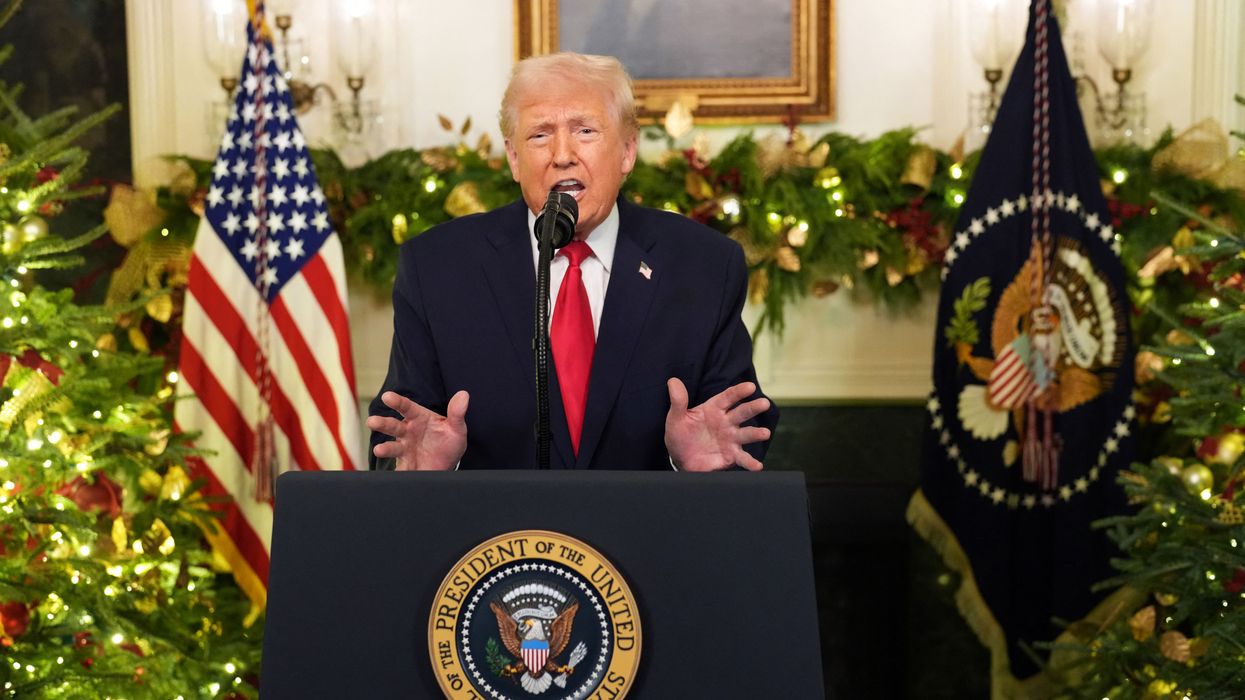Cuba acceded to the Convention on Cluster Munitions on April 6, 2016, following through on a pledge it made in September 2015, Human Rights Watch said today. Prior to that pledge, Cuba had been critical both of the convention's provisions and the unconventional diplomatic process that led to it.
"Cuba is showing others that it is wrong to cling to cluster munitions - weapons that inevitably cause harm to civilians," said Steve Goose, arms director at Human Rights Watch and chair of the Cluster Munition Coalition. "It also shows how concerns can be overcome in the interest of working together with other nations on the treaty, which provides the international framework for eradicating cluster munitions."
Cluster munitions pose an immediate threat to civilians by scattering multiple submunitions or bomblets over a wide area. They continue to pose a threat after a conflict ends by leaving remnants, including submunitions that fail to explode upon impact and become de facto landmines.
Cuba deposited its instrument of accession to the 2008 Convention on Cluster Munitions with the United Nations in New York on April 6, 2016, becoming the 119th country to sign or accede. The convention comprehensively bans cluster munitions, and requires destruction of stockpiles as well as clearance of cluster munition remnants and assistance to victims of the weapons.
Cuba did not participate in the fast-track diplomatic "Oslo Process," which created the Convention on Cluster Munitions. It had long objected to the way in which the treaty was concluded, outside the framework of the UN.
But at the treaty's First Review Conference in Dubrovnik, Croatia, on September 8, 2015, five years after the treaty went into effect, Cuba said it was considering accession. Ambassador Rodolfo Benitez Verson, Cuba's representative at the conference, announced that "Cuba is carrying out the required constitutional procedures for the accession." He said that Cuba "strongly supports the prohibition and complete elimination of cluster munitions and condemns its use."
At the UN General Assembly in October 2015, Cuba confirmed it was preparing to accede to the Convention on Cluster Munitions and voted to support the first General Assembly resolution in support of the ban treaty. The non-binding resolution passed by 139 votes and 40 abstentions. Only Russia and Zimbabwe voted against it.
Cluster Munition Monitor - the report by the international coalition of organizations working to eradicate the weapons - has reported that Cuba is not known to have used, produced, or exported cluster munitions. In 2013, Cuba said that it has never confirmed or denied stockpiling cluster munitions. But it has stocks of cluster bombs of Soviet Union/Russian origin, according to the authoritative Jane's Information Group.
Cuba must formally declare any cluster munition stocks and destroy them within the eight-year stockpile destruction deadline required by the Convention on Cluster Munitions.
In 2016, Human Rights Watch has reported the use of ground-launched and air-dropped cluster munitions in Syria and Yemen. Neither country has signed the convention.
Syrian government forces have used cluster munitions extensively since 2012, and the number of attacks appeared to increase significantly after Russia began its joint military operation with Syrian authorities late last year. Since a cessation of hostilities agreement was concluded at the end of February 2016, there are no longer daily cluster munition attacks, but use of the weapons continues, with at least six attacks reported in March.
For the past year, a Saudi Arabia-led coalition of nations has used cluster munitions in Yemen as part of a joint military operation against local against Houthi forces, also known as Ansar Allah. There is evidence that coalition members are using recently transferred US-manufactured cluster munitions in civilian areas, contrary to United States export requirements. And these cluster munitions also appear to be failing to meet the reliability standard required for US export of the weapons.
With Cuba's accession, all except nine countries in the Americas region have now signed or ratified the Convention on Cluster Munitions. The nine are Argentina, Bahamas, Barbados, Brazil, Dominica, Saint Lucia, Suriname, the US, and Venezuela.
Cuba and the US are the last countries in the Americas region that have not signed the 1997 Mine Ban Treaty, also negotiated outside UN auspices.
"Cuba's accession shows how the best response to new use of cluster munitions is to embrace and reinforce international law rejecting these weapons," Goose said. "Civilians have been harmed by cluster munition attacks in Syria and Yemen in 2016, and we expect these casualties to continue until all the remnants have been cleared and destroyed."
Human Rights Watch is a co-founder of the international Cluster Munition Coalition and serves as its chair.




